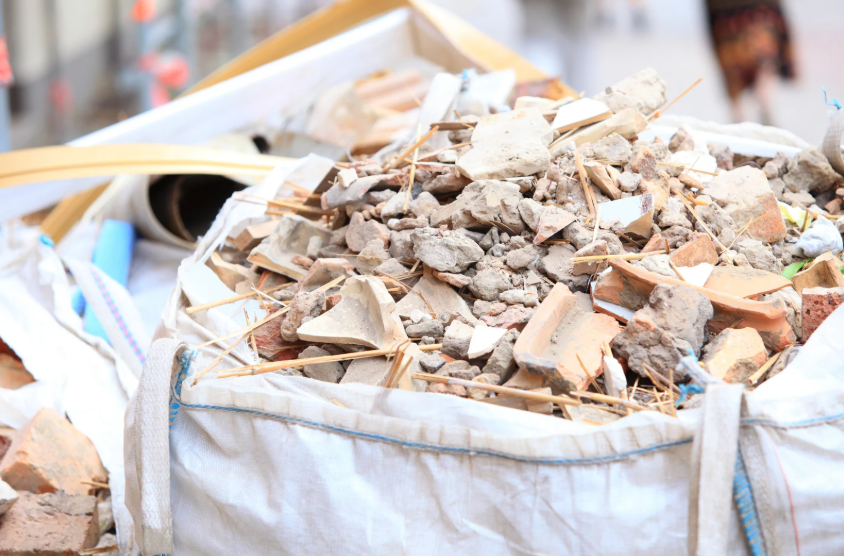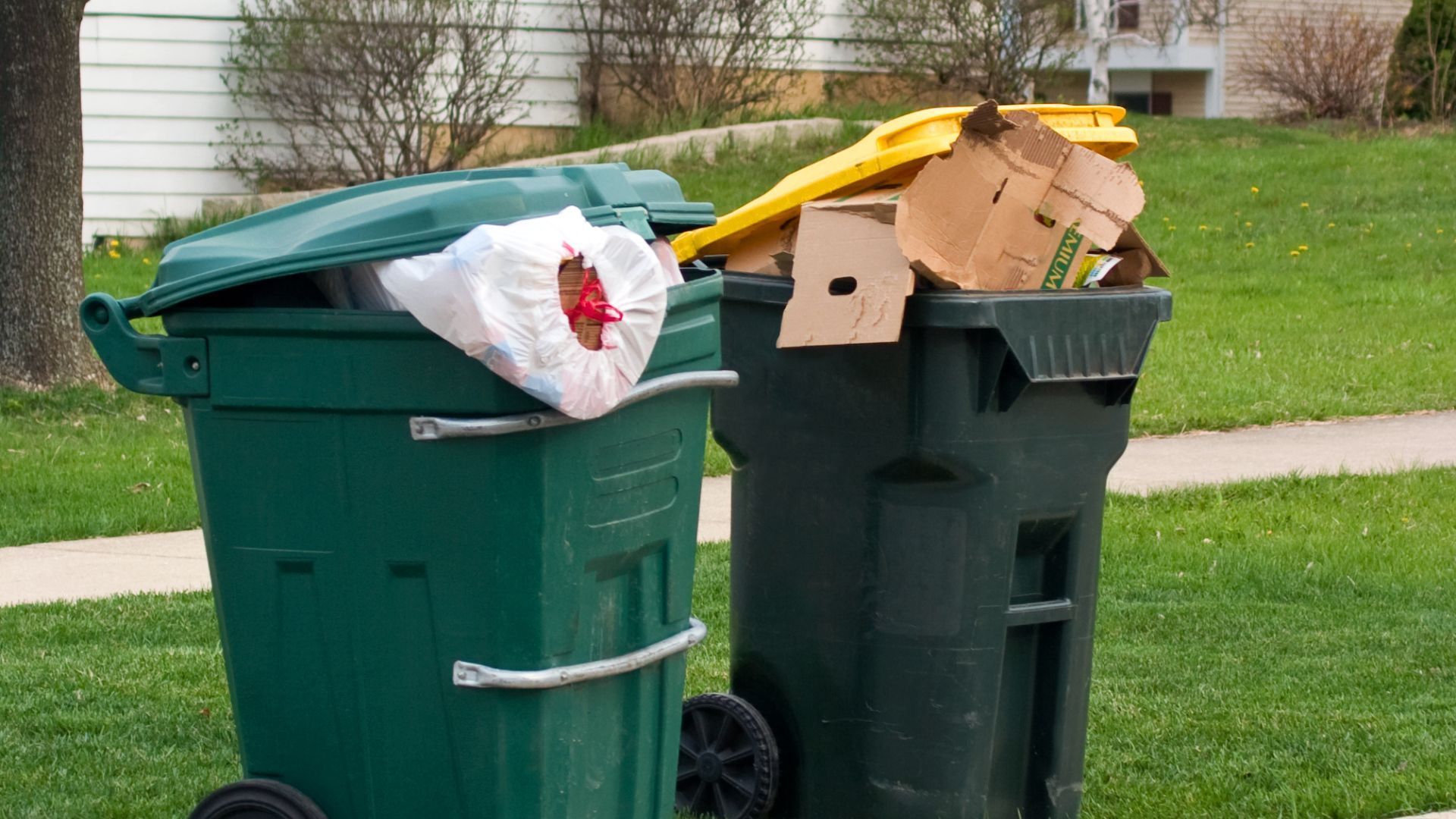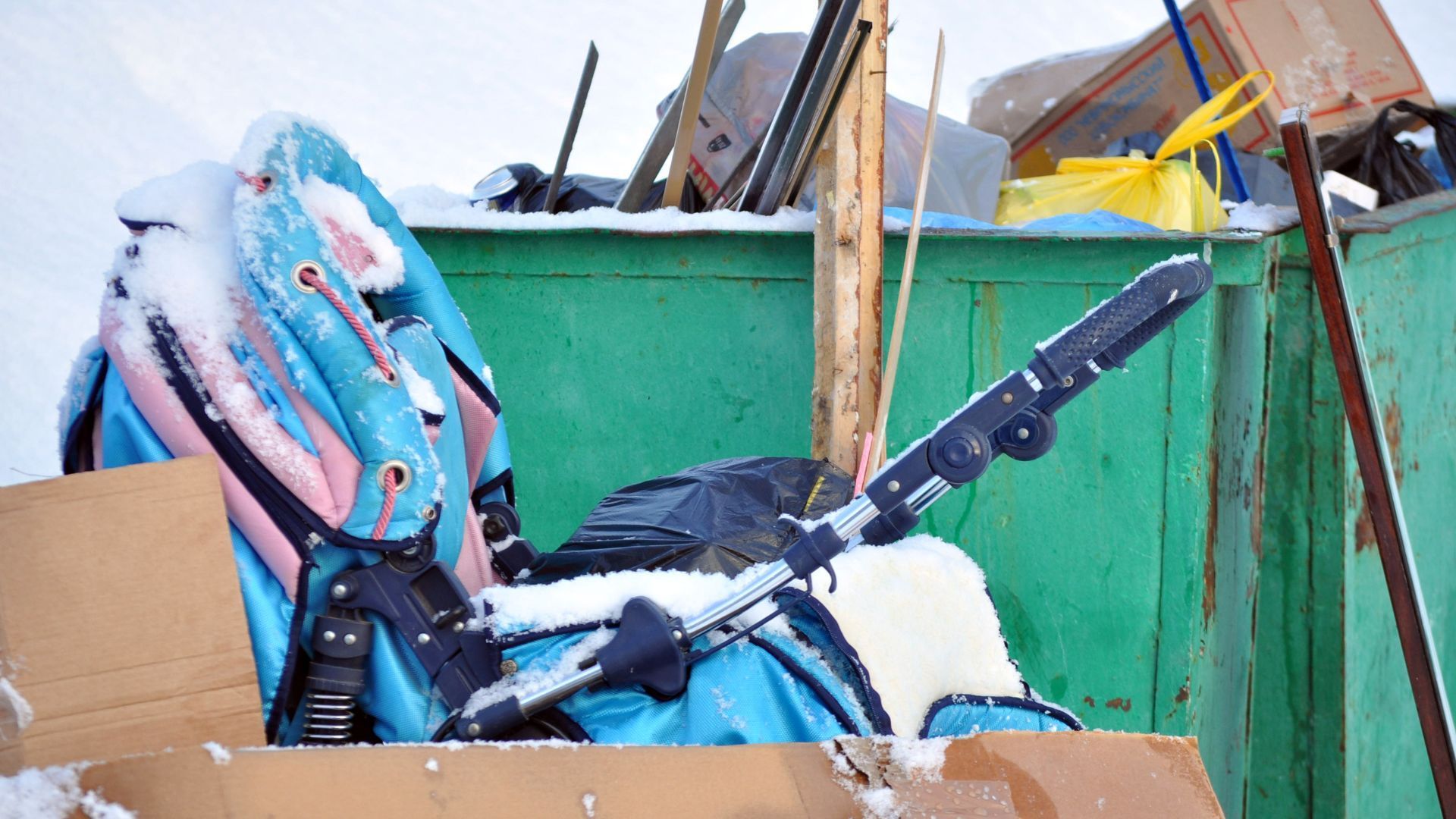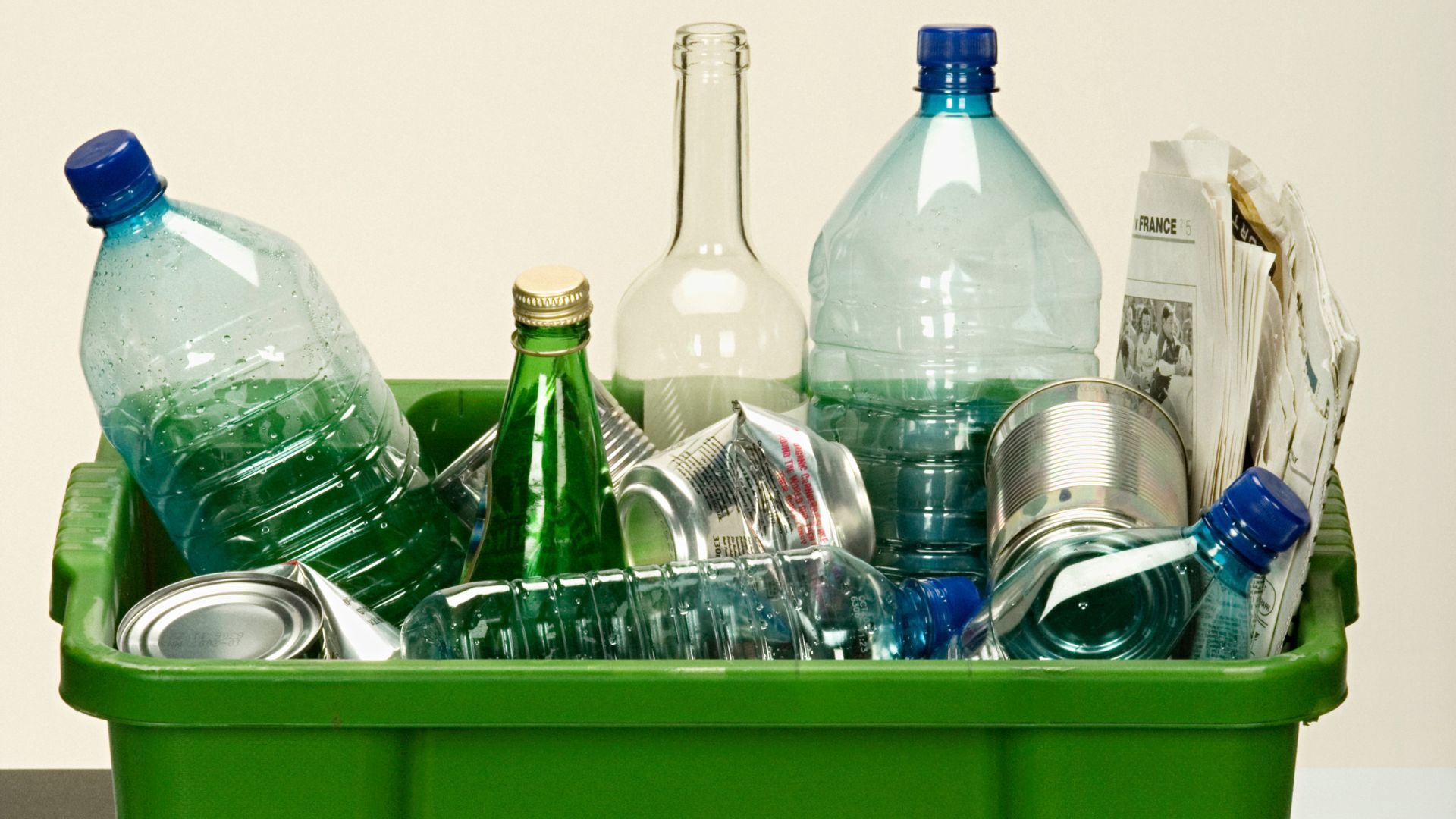Demolition cleanup made easy with Junk Removal Augusta
After the dust settles and the final wall falls, what’s left behind is more than just rubble—it’s a chaotic puzzle of wood splinters, shattered tiles, twisted metal, and unrecognizable debris. The aftermath of demolition isn’t something you can fix with a leaf blower or a few garbage bags. It’s gritty, sharp-edged, heavy, and—if neglected—dangerous. Those piles are not only unsightly but can interfere with the next stage of your project.
So many overlook how integral proper cleanup is to the demolition process. A clean site means progress; a messy one stalls timelines. This is where professionals shine. It’s not just about hauling away trash; it's a calculated extraction of everything that no longer serves the vision for that space.
The Risks of Leaving Post-Demolition Waste Unattended
Walk through any site post-demolition and you're met with hazards at every turn. Nails half-buried in drywall chunks. Dust so thick it lingers in your lungs. Sharp edges sticking out from timber and metal like traps in waiting. Leaving demolition waste to sit is a ticking liability, not just in terms of safety but also environmental impact. What begins as a pile becomes a problem—fast.
That leftover debris doesn’t politely disappear. Rain turns it into sludge, wind spreads it across nearby lots, and pests begin to call it home. Before long, cleanup becomes not just a task but a full-blown mitigation project. Acting early and smart with cleanup eliminates those headaches before they start. This isn't just about convenience—it's about responsibility, foresight, and keeping your project under control from every angle.
Efficiency Matters in Demolition Cleanup Services
In the world of construction and renovation, time is often the most expensive resource. Cleanup delays can send ripples through the rest of the schedule—pushing back inspections, contractor timelines, and even final move-in dates. That’s why having an efficient cleanup strategy baked into the demolition phase matters more than most realize. You’re not just removing junk; you’re making way for progress.
The quicker the site gets cleared, the sooner the transformation can begin. That requires a system—an approach that blends manpower, machinery, and know-how. Professionals in the space bring more than just strength; they bring systems that have been stress-tested through hundreds of cleanouts. They move like a second crew, only their job is to erase yesterday’s chaos so tomorrow’s plan can begin. Efficiency isn’t an accident—it’s built into their process.

Environmental Impact of Proper Demolition Debris Disposal
Every demolition site has a silent question hanging in the air: where will all this go? Mountains of concrete, heaps of insulation, shattered windows—none of it belongs in a regular landfill. Tossing everything in a dumpster and forgetting about it doesn’t just strain local waste systems; it also shortchanges the environment. Many of those materials can and should be recycled or handled with care.
Professional junk removal teams often work with recycling centers, donation outlets, and specialized disposal facilities to sort and redirect materials in a more sustainable way. Rebar may head to metal recyclers. Clean wood can find second life in mulch or reuse projects. Even drywall has options. By choosing conscious removal practices, you’re not just clearing a site—you’re choosing a better footprint. The cleanup becomes an act of stewardship.
Handling Heavy and Hazardous Demolition Materials Safely
It’s not all sheetrock and splinters. Demolition zones often hide the real beasts: lead pipes, asbestos tiles, rusted-out appliances, ancient wiring, and concrete that weighs more than a small car. Handling these materials isn’t something you do with a pair of gloves and a wheelbarrow. It’s serious business that requires experience, proper tools, and the right disposal methods.
Certain materials require permits or designated drop-off zones. Others are regulated by safety guidelines because of what they contain or how they break down. Leave those materials in the wrong hands and you risk fines, injuries, or worse. A proper junk removal crew knows what to look for, how to extract it without causing more damage, and where to send it once it’s off your lot. That peace of mind is more than worth the investment.
Navigating Local Rules and Permits for Demolition Waste
Every city has its playbook. Some require special stickers on disposal bins. Others demand a list of materials hauled or proof of recycling efforts. Getting it wrong can stall your permit process or land you in violation before your rebuild begins. Knowing the local waste codes isn’t optional—it’s part of the job.
This is another area where cleanup professionals make life simpler. They’re fluent in local regulations, often having worked hand-in-hand with municipal systems for years. Whether it’s securing the right hauling permit or ensuring your waste doesn’t breach zoning ordinances, they help you steer clear of bureaucratic headaches. In a world where one oversight can delay your project, having experts on your side isn’t just helpful—it’s essential.
Commercial Demolition Cleanup Requires Coordination and Strategy
Tearing down a storefront, warehouse, or office space isn’t just about gutting walls—it’s about orchestrating a demolition within a commercial timeline. Often, businesses need the site cleared fast to begin new operations or meet lease agreements. That means the cleanup has to be as strategic as the teardown itself.
You’re balancing moving crews, contractors, city inspectors, and sometimes even public safety concerns. There’s no time for missed pickups or last-minute junk pileups. Commercial cleanup needs to move with intention. It must be flexible enough to adjust as the project changes but reliable enough to keep pace without slowing anyone down. The right cleanup partner functions like part of your team—one step ahead, always ready to adapt.
Residential Demolition Cleanups Deserve Just As Much Care
Not all demolition jobs come from construction giants. Sometimes, it’s a homeowner remodeling their kitchen, replacing an old deck, or converting a garage into livable space. But even smaller-scale demos create big messes. A single bathroom renovation can produce more rubble than most expect, and that pile won’t disappear on its own.
For homeowners, the stress of renovation is already high. Adding cleanup logistics to the mix can turn an exciting project into an overwhelming ordeal. That’s where residential cleanup support steps in to relieve pressure. It’s more than a luxury—it’s a smart decision. With fast removal and proper disposal, homeowners can focus on design choices and finishes—not wrestling a bathtub out of the backyard.
Keeping Your Crew Safe By Outsourcing Demolition Debris Removal
Whether you're managing a small crew or a large contracting team, safety should always come first. The longer debris sits around, the more chances someone has to trip, cut themselves, or inhale something harmful. Some injuries come not from tools—but from the things left lying around once the job's done.
Outsourcing cleanup removes that hazard. Instead of asking your build team to juggle debris along with their primary work, you bring in a focused squad to handle the chaos. They’re trained, equipped, and tuned in to the hazards that most workers simply aren’t paid to deal with. By shifting the responsibility, you improve workflow and protect your team’s wellbeing. Safe sites aren’t just cleaner—they’re smarter.
Making Demolition Cleanup Affordable and Scalable
Demolition cleanup doesn't have to break the bank. It also doesn't need to be one-size-fits-all. The best services offer scalable options that adapt to the size and pace of your project. Whether you’re gutting a single room or clearing several acres of structure, there’s a solution that fits without stretching the budget or sacrificing quality.
Affordability doesn’t come from cutting corners—it comes from experience. Professionals understand how to price efficiently, avoiding repeat hauls and wasted trips. They assess the site with precision, give accurate quotes, and deliver exactly what’s needed—no more, no less. This lets you control costs, plan ahead, and avoid surprise expenses down the road. Cleanup, when done right, becomes a value-added service that enhances your whole demolition timeline.
Smooth Transitions with Professional Demolition Cleanup
Demolition cleanup is often the final step before a new chapter begins in a construction or renovation project. The goal isn't just to remove debris but to prepare the site for what's next. When professionals handle the cleanup, they bring the expertise to ensure everything is removed quickly and safely, keeping the project on track. From debris sorting to proper disposal, each action is geared toward maintaining efficiency while staying within budget.
Professional cleanup teams understand that timing is crucial. By coordinating the removal process, they prevent delays caused by unnecessary waste buildup, which allows you to focus on your next steps. A clean site means less time spent cleaning up and more time dedicated to building or renovating. Whether it’s a small demolition or a large-scale construction, having experts clear the area can ensure a smooth transition to the next phase of your project.
Conclusion
Cleaning up after a demolition shouldn’t be an afterthought; it should go hand in hand with the project itself. By clearing the site quickly and efficiently, you maintain tight timelines, ensure safety, and prevent waste from becoming an obstruction to progress. When you focus on proper cleanup, you free up space for new ideas to emerge. The faster you remove debris, the quicker your next steps can begin.
If you’re planning demolition work in Augusta, the right cleanup service can help you handle all aspects of debris removal—fast, efficiently, and with respect for your time and budget. From sorting materials to proper disposal, experts familiar with the local rules and terrain make all the difference. For reliable, professional demolition cleanup, reach out to Hinkins Disposal in Augusta, GA. Call (706) 885-4032 or email Hinkinsdisposal@gmail.com to schedule your service today. Let them clear the path, so you can keep your project moving forward.




